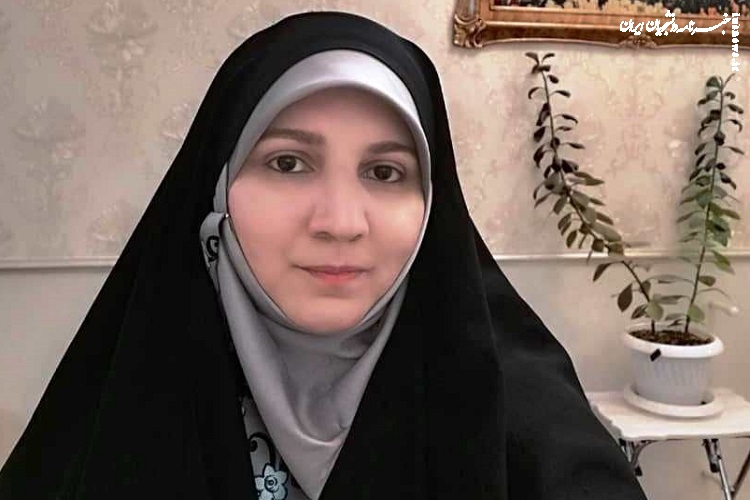✍| By Ms. Nafiseh Moradi, Researcher in Islamic Women’s Studies
Eid al-Fitr is a perfect opportunity to recognize and appreciate the love and efforts of the devoted women in our lives. As families gather for breakfast on the morning of Eid, they can express gratitude to the lady of the house, acknowledging her hard work and letting her know that her efforts have not gone unnoticed.
Recognizing the Efforts of Women During Ramadan
During Ramadan, Muslims once again had the blessing of being guests at God’s divine feast, benefiting from His mercy and forgiveness. Believers strove to adhere to God’s command: “And fasting is better for you, if only you knew.” (Quran 2:184). They spent their days and nights reciting the Quran, following the divine instruction: “Recite what is easy [for you] of the Quran.” (Quran 73:20). During the sacred nights of Qadr, they supplicated fervently, calling upon the Almighty: “Glory be to You, there is no god but You. Help us, help us, save us from the fire, O Lord!”
All these spiritual practices were made possible by the efforts of the women in the household, who prepared pre-dawn (Suhoor) and evening (Iftar) meals. These women, while fasting themselves, would rise before everyone else to set the Suhoor table and sacrifice their rest in the afternoons to prepare Iftar. They ensured that their families were nourished, taking care of their dietary needs to maintain their strength for fasting and prayer.

The Unseen Sacrifices of Mothers
Mothers played a crucial role in supporting young children who were experiencing their first fasts. They created a comforting environment, allowing them extra rest to ease the challenge of fasting. Meanwhile, they also had to prepare meals for those unable to fast, such as younger children. When the father returned home after a long day, mothers took on the additional responsibility of keeping the children engaged, so he could rest before breaking his fast.
While family members typically share household responsibilities throughout the year, Ramadan often placed a heavier burden on women. The fatigue and lack of sleep often left them with little support from others. Moreover, they had to exercise even greater patience, as fasting children attending school or university could become irritable. Working women faced an even greater challenge, balancing their job responsibilities with their household duties.
A Time to Show Gratitude
It is undeniable that men who fast and work during Ramadan endure hardship, and their efforts are rewarded by God. However, upon returning home, they could rest until Iftar, knowing that a meal was ready for them. In contrast, women rarely enjoyed such a luxury.
As the holy month concludes, it is important to recognize that women have taken on the role of serving the guests of God. While they too were spiritual guests at this divine feast, they ensured that others were physically nourished, enabling them to fulfill their religious obligations. In doing so, they played a vital role in the realization of the supplication: “Strengthen my limbs in Your service.”
Eid al-Fitr presents the perfect occasion to acknowledge and appreciate these devoted individuals. As families gather around the breakfast table on Eid morning, they should take a moment to thank the lady of the house, letting her know that her efforts have been seen and valued. Expressing gratitude strengthens familial bonds and ensures that those who have hosted this sacred journey of devotion feel appreciated. After all, as Imam Reza (AS) said: “He who does not thank the giver among creation has not thanked God.”
From: iusnews


